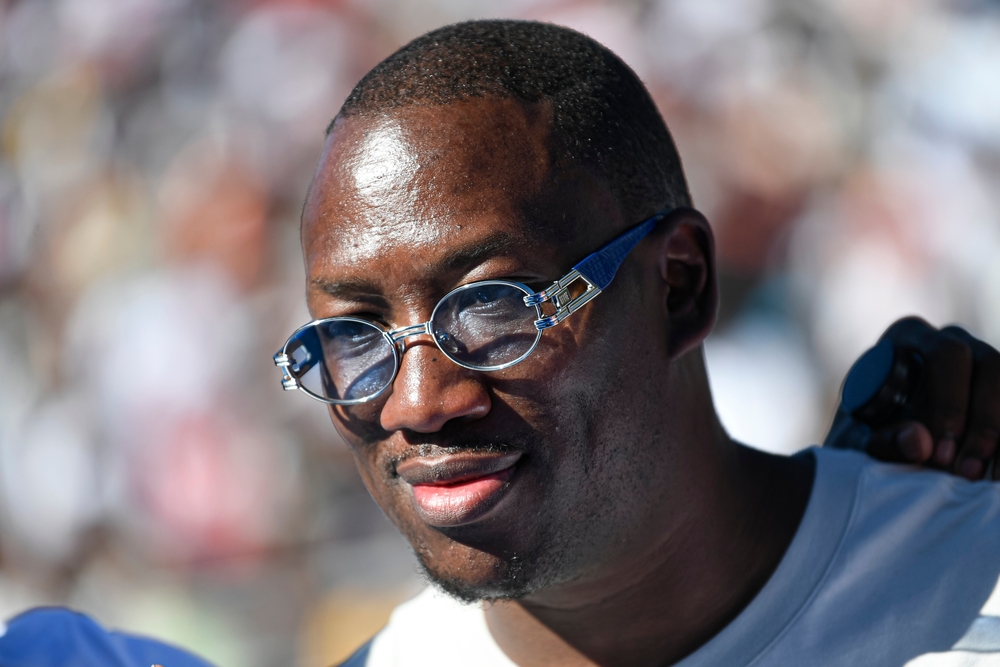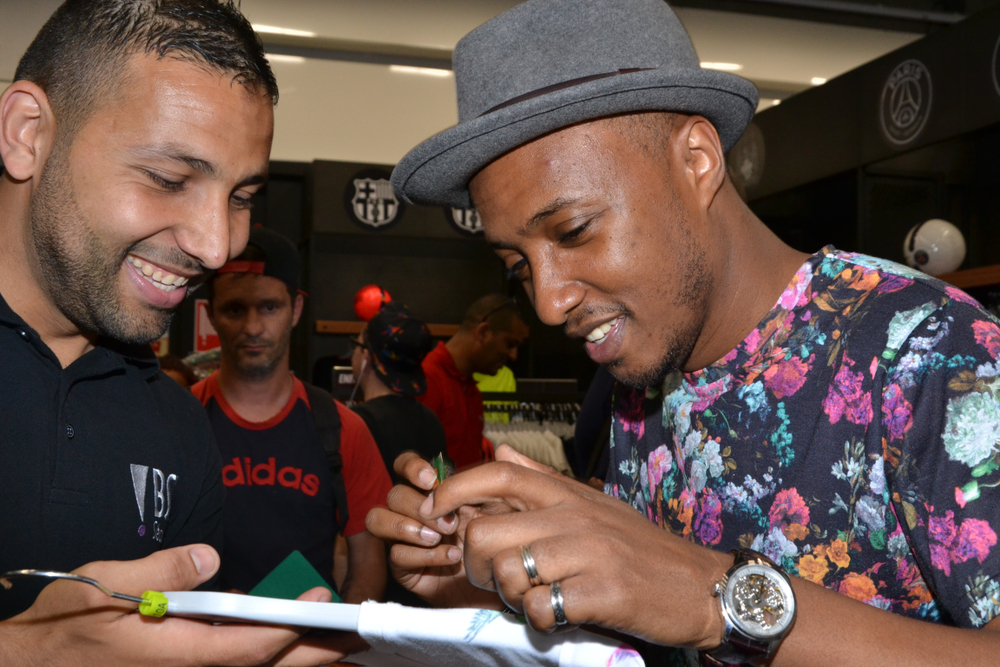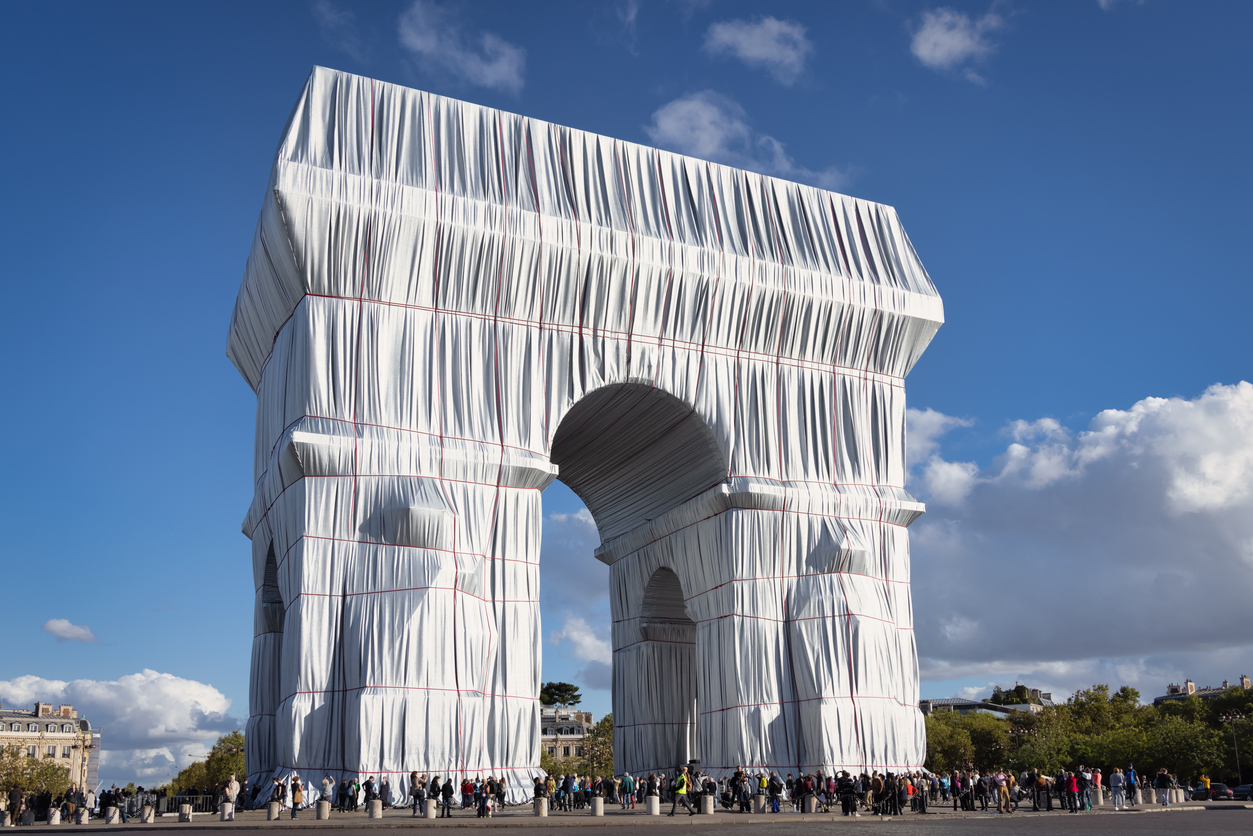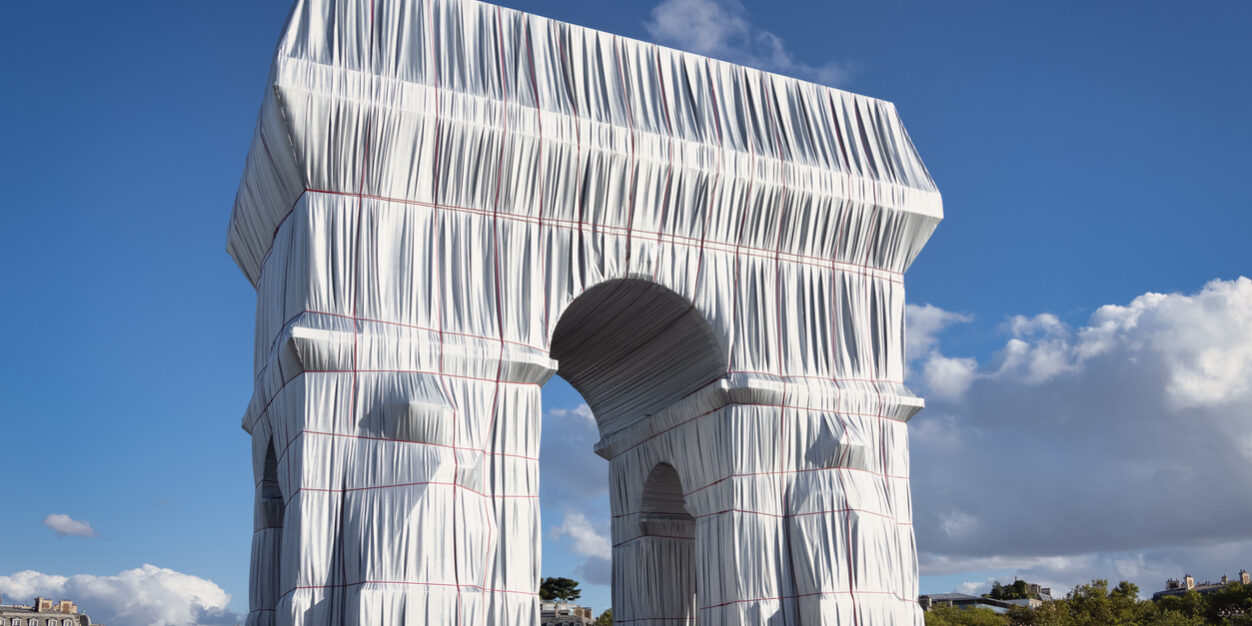Hip Hop in France
French hip hop is more than a music genre—it’s a reflection of society, culture, and identity. The rapid-fire pace of the French language, combined with its energetic cadences, goes a long way toward explaining why France has emerged as the second-largest hip-hop market in the world—trailing only the United States. But numbers alone don’t tell the full story.
Honed in the gritty banlieues (suburbs) of major cities, French rap found its audiences in bustling mega hubs like Paris and Marseille. These areas, often home to immigrants and working-class families, became fertile ground for a music genre that spoke to real-world struggles. Over time, this music grew into a national movement, with songs addressing themes of inequality, social justice, identity, and crime.
Today, French hip hop is as predominant in many Francophone countries as American hip hop, and it continues to grow. In this article, we take a look at the rise of French hip hop and some of the key artists of the moment.
Giving a Voice to the Voiceless
French rappers, like their American counterparts, turned to hip hop as a way to voice their frustrations and feelings about the world they lived in. They held a mirror up to a nation that had difficult questions to answer about inequality, ghettoization, immigration, and social justice.
What makes French rap so good is that, at its best, the messaging is never heavy-handed. The artists who popularized the genre found their voices while also making enjoyable music for the masses.
MC Solaar: The Pioneer
MC Solaar, the Senegalese-French rapper, is often considered the cornerstone of French rap. His music was praised not just for its incisive lyrics, but also for its energetic flow and hypnotic grooves. His success laid the groundwork for future generations of French rappers to explore their voices and experiences.
MC Solaar’s Le Bien, Le Mal is a landmark track that showcases his lyrical brilliance and global appeal. Released in 1993 as part of a collaboration with American rapper Guru, the song blends Solaar’s smooth, introspective flow with jazzy beats
Another standout figure to emerge in the French hip hop scene is the Malian-French artist Mokobe.

Born and raised in Vitry-sur-Seine, Mokobe brought the African diaspora experience to the forefront of French hip hop. His albums Mon Afrique (2007) and Africa Forever (2011) showcased a deep connection to his roots while addressing the complexities of growing up in France.
Mokobe also shared an artistic connection with the artist Soprano (who he collaborated with on several occasions). Hailing from Marseille, Soprano started his rap career in the 1990s and has consistently been one of France’s most successful hip-hop artists.
With numerous chart-topping albums between 2007 and 2021, he demonstrates the enduring popularity of rap in France. Soprano’s music blends introspection with uplifting messages, appealing to a broad audience and solidifying his place in French hip hop history.

The French Hip Hop Takeover
The charts show that French hip hop has a national audience, but it’s also worth pointing out that the country’s appetite for the genre has helped it get recognition beyond its borders.
Its international growth culminated in 2019, when Paris was celebrated as the international capital of hip hop, with records showing that the city was outpacing even the powerhouse of Atlanta in terms of album sales. All this went to show that French rap wasn’t just the excitable younger brother of the genre anymore, but a contender in global hip hop.
With France becoming an increasingly diverse country, French rap has become a pivotal art form for capturing the lived experiences of many of the people residing there. The genre’s resonance extends far beyond France’s borders, with hip hp fans in many countries now consuming French rap as eagerly as American rap.
The genre has branched into several growing underground subgenres (which shows that the genre is still dynamic and healthy). Today, the work is continued by talented artists like Alpha Wann (who might be called ‘classic rap’), Menace Santana (a first-class Drill artist), and Winterzuuko (a hyperpop artist).
Fuelling a recent surge in popularity are artists like PNL, a duo comprising brothers Tarik and Nabil Andrieu. Hailing from a tough neighbourhood in Corbeil-Essonnes, the Andrieu brothers have crafted a modern hip hop sound that blends trap, drill, and French rap. Their finely honed lyrics touch on poverty, crime, joy, nationhood, and what it means to be an individual in modern-day France. They are unapologetic in how they share stories from their own lives. One of PNL’s standout tracks, Au DD (‘slinging drugs’ in French slang), is a moody exploration of the brothers’ experiences hustling in the banlieues. Another, A l’ammoniaque, is a a hauntingly introspective track that explores themes of pain, resilience, betrayal, and the struggles of life in the streets.
When writing about PNL, it’s worth noting that the Andrieu brothers’ backstory is an important part of their hip hop cred. Their mother is Algerian. Their father is a Pied Noir from Corsica, who was involved in a bank robbery and served an eight-year sentence in a maximum-security prison. Tarik also went to jail for drug-related crimes in the early 2010s. These events have informed their music and informed the national conversation when it comes to French hip hop.
For those new to French hip hop, PNL’s Blanka is an excellent entry point. Its introspective lyrics and lush production showcase the duo’s ability to blend artistry with relatability.







